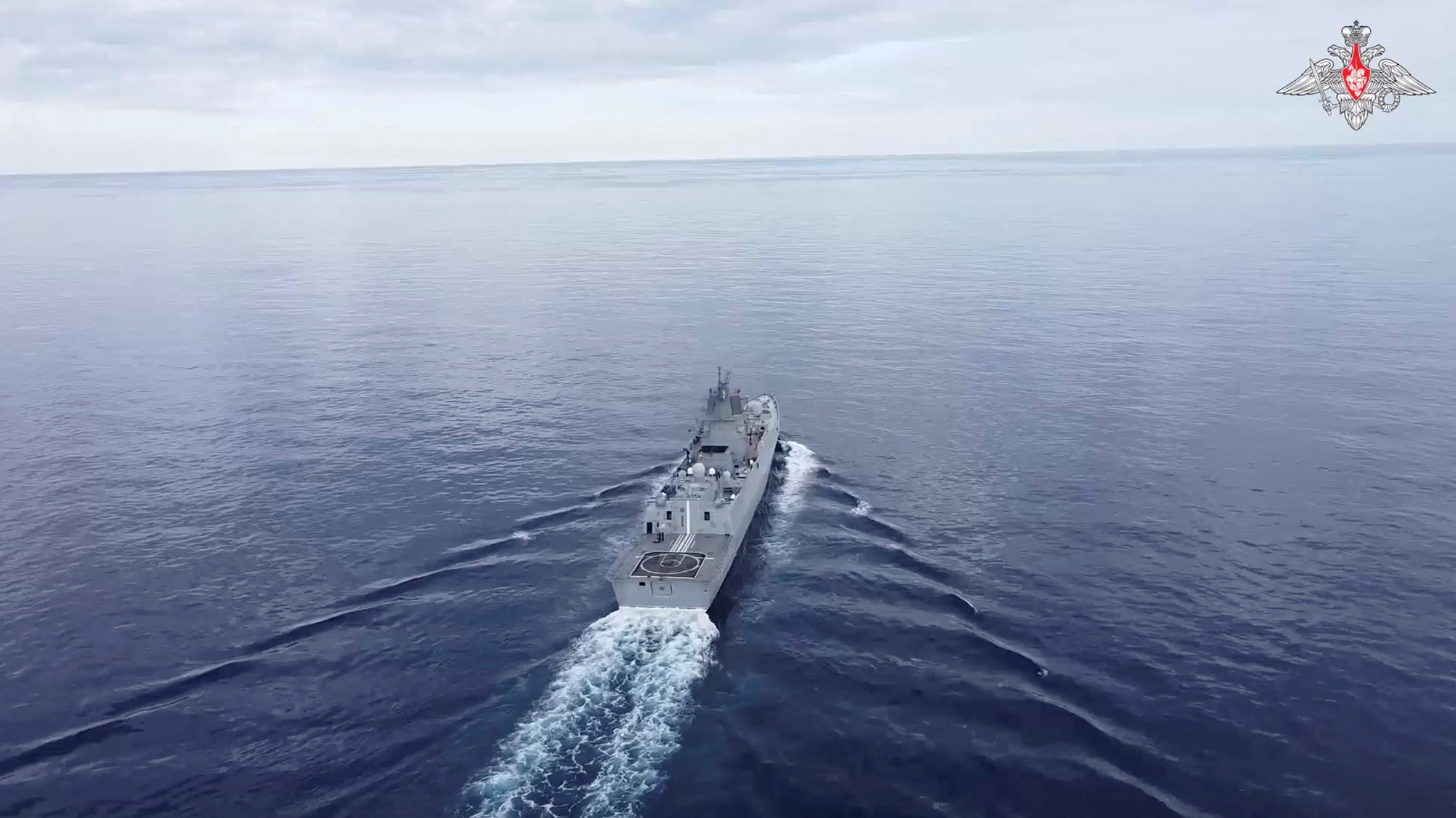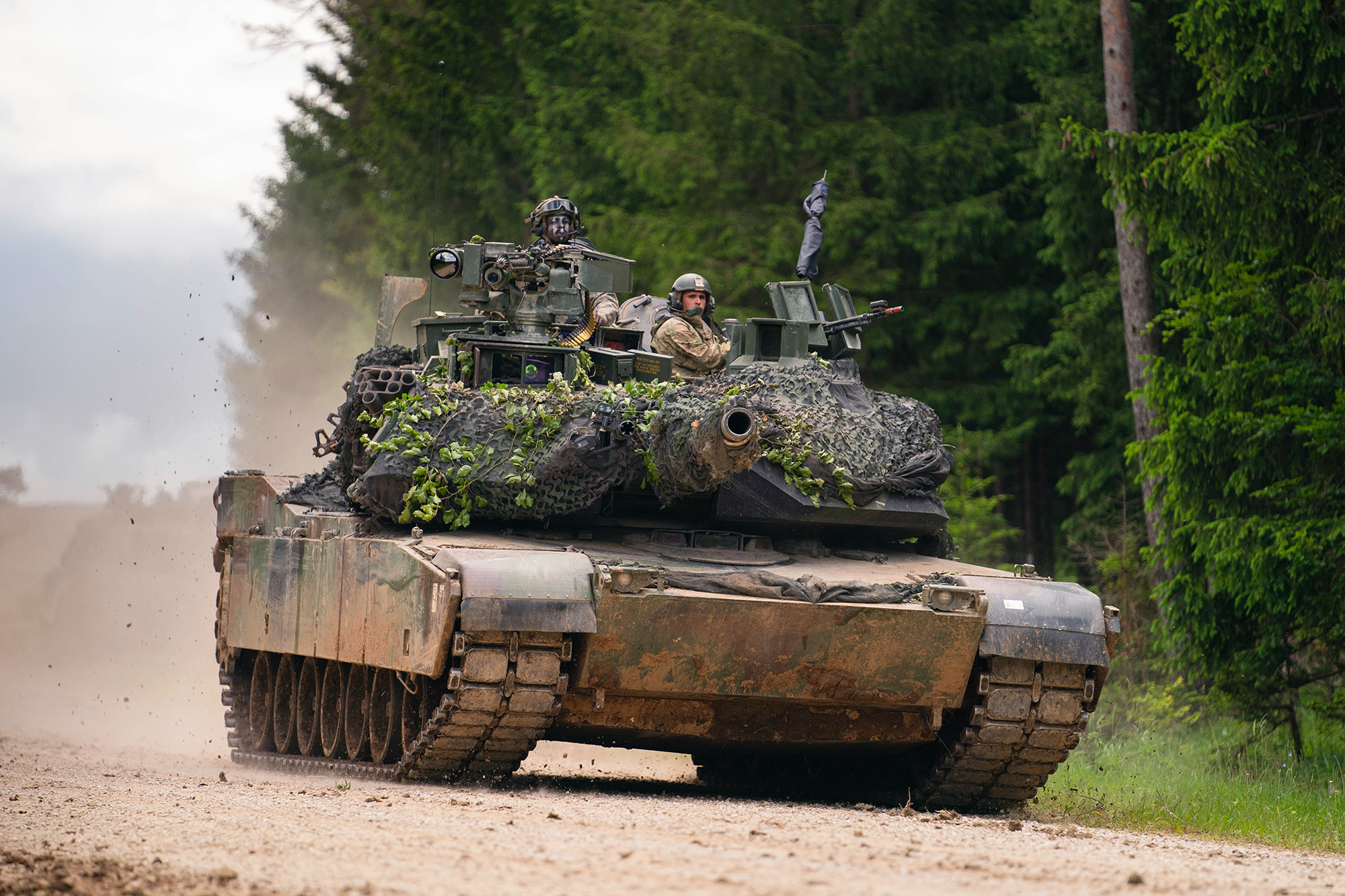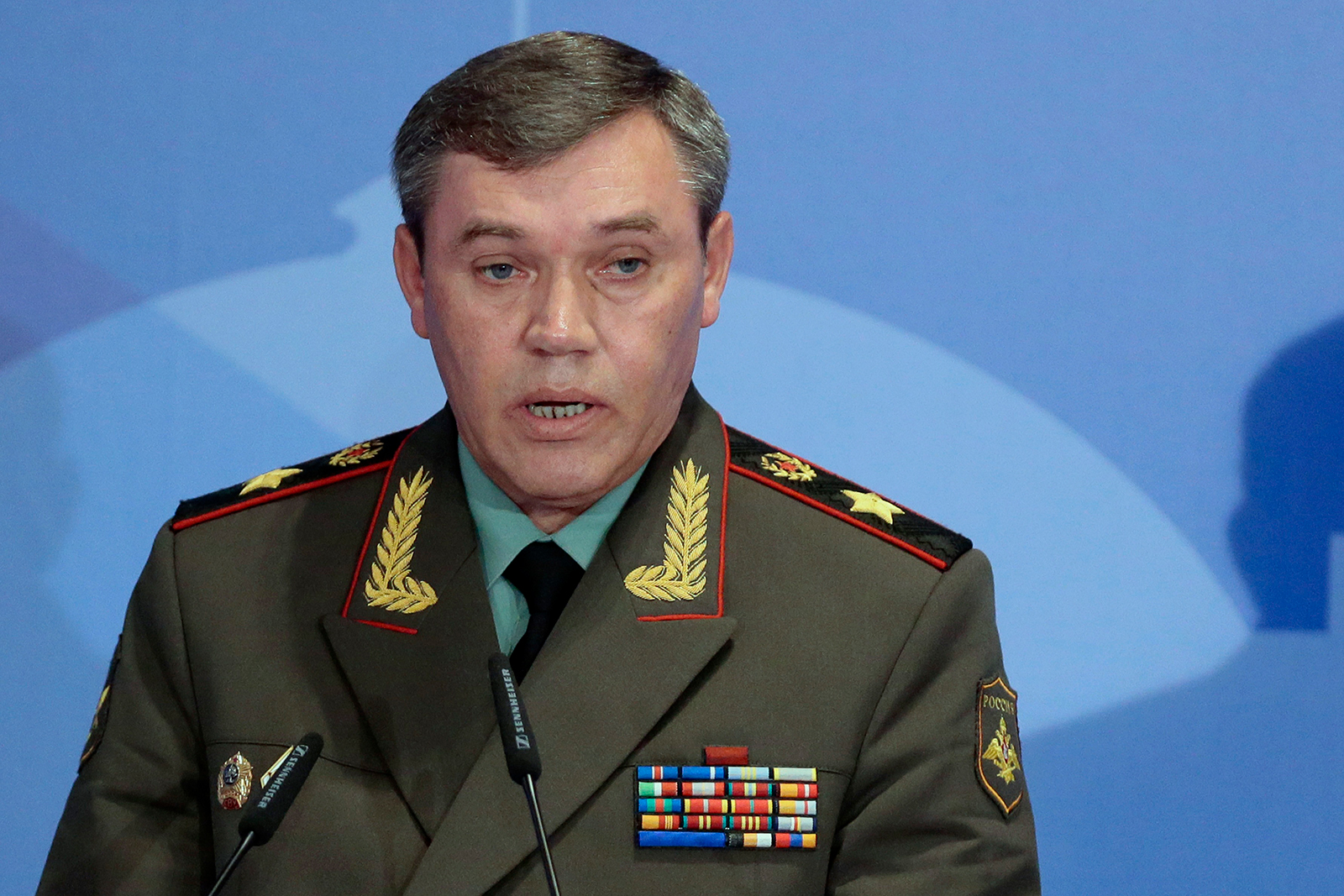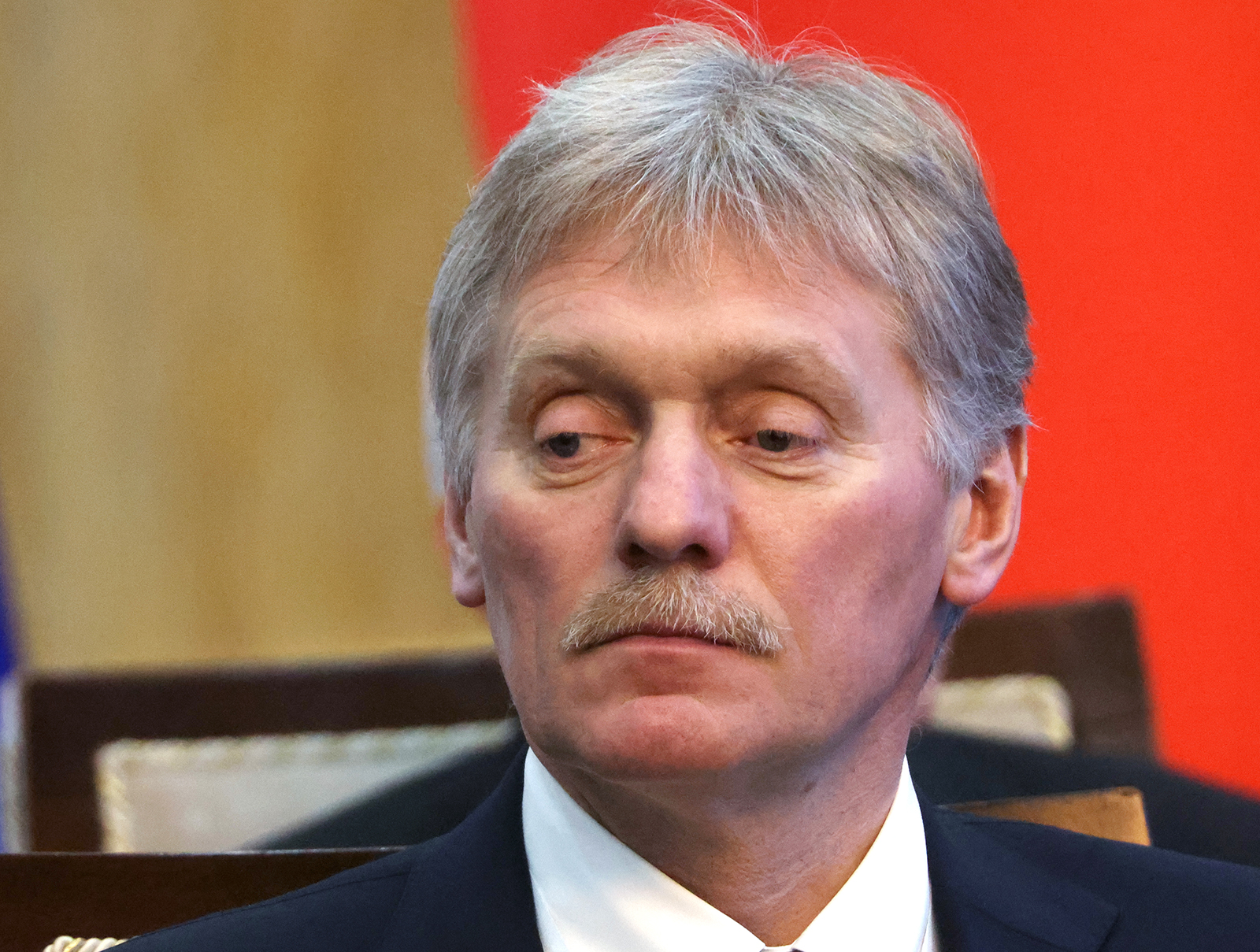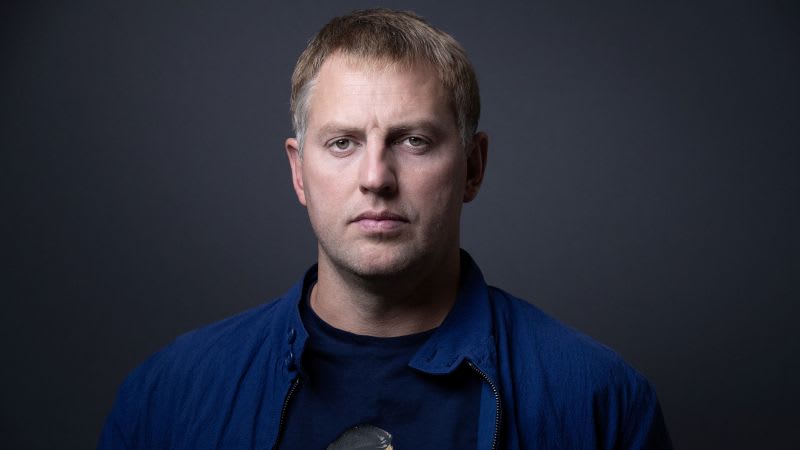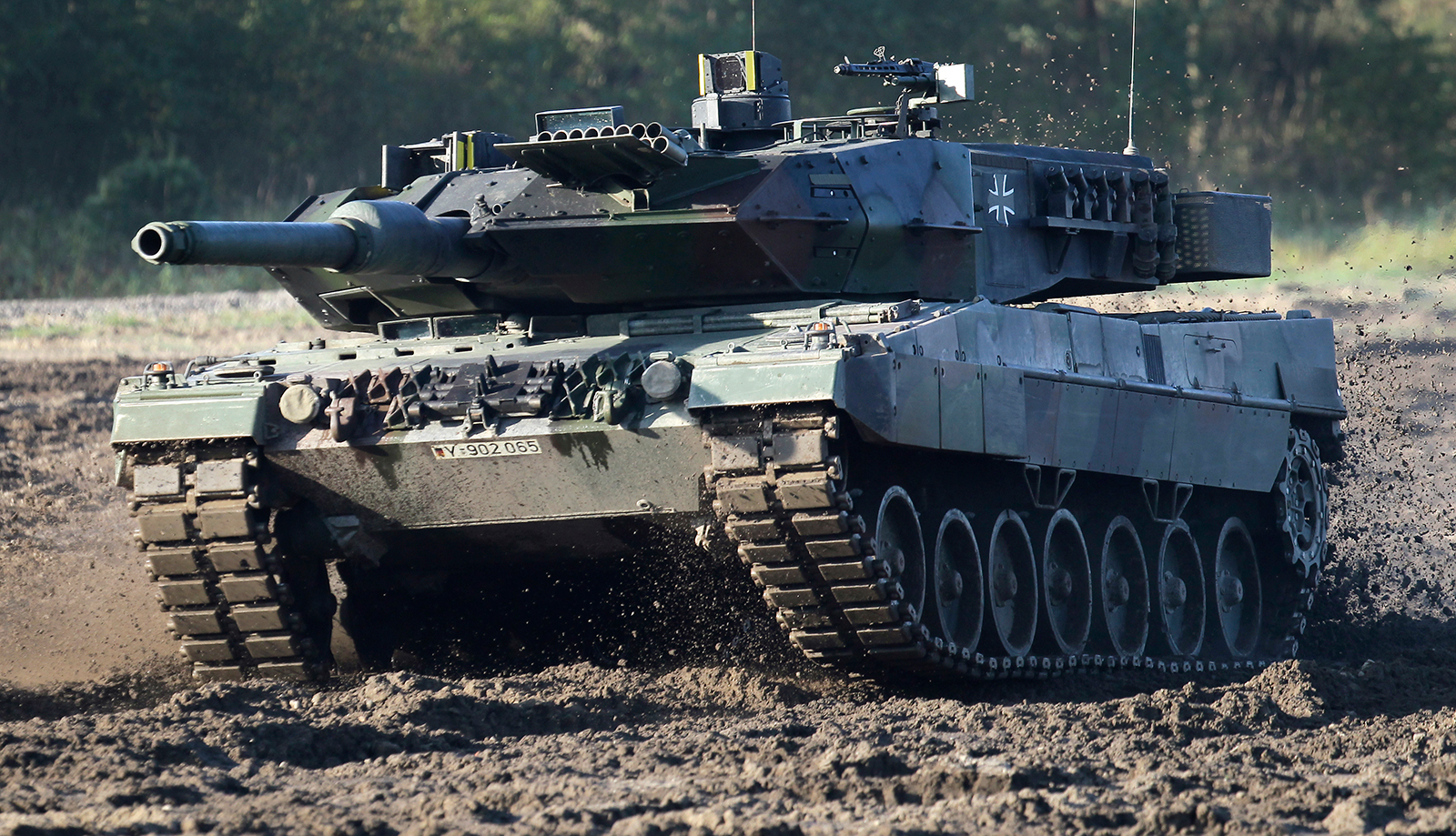Wagner mercenary forces are making progress in Bakhmut and fighting in parts of the town that the Ukrainians held until recently, a pro-Russian official has told Russian state news agency TASS.
"Units, in particular Wagner, are advancing in Artemivsk [the Russian name for Bakhmut] itself,” said Denis Pushilin, the Kremlin-backed governor of the self-proclaimed Donetsk People's Republic (DPR) in eastern Ukraine.
“Battles are already ongoing somewhere on the outskirts, and somewhere in those quarters that were recently held by the enemy.”
CNN could not verify the battlefield claims.
Ukrainian President Volodymyr Zelensky said in his nightly address on Tuesday that Russia was “increasing pressure” in the direction of Bakhmut and the nearby town of Vuhledar.
The Ukrainian military’s General Staff made a brief reference to Bakhmut in its daily update on Wednesday, saying that Russian troops “continue[s] to conduct offensives” around the town and it had had “repelled” attacks there.
“While suffering numerous casualties, the enemy continues to conduct offensives in the direction of Lyman, Bakhmut, Avdiivka and Novopavlivka,” it said.
“Ukrainian Defense Forces have repelled enemy attacks near the towns of Bilohorivka in Luhansk region and Rozdolivka, Krasna Hora, Bakhmut, Novobakhmutivka, Krasnohorivka, Maryinka and Charivne in Donetsk region.”
On Tuesday, the Washington-based Institute for the Study of War (ISW) said that Russian forces had “made marginal territorial gains near Bakhmut.”
Pavlo Kyrylenko, Ukraine’s regional governor in Donetsk, said on Telegram on Wednesday morning that Vuhledar, some 130 kilometers southwest of Bakhmut, had come under “intense shelling."
